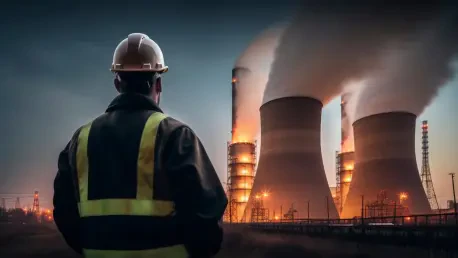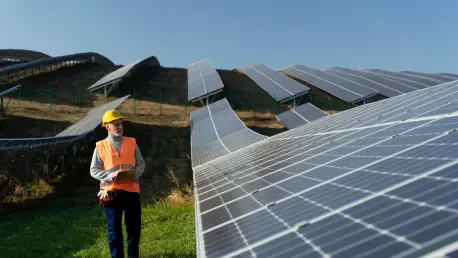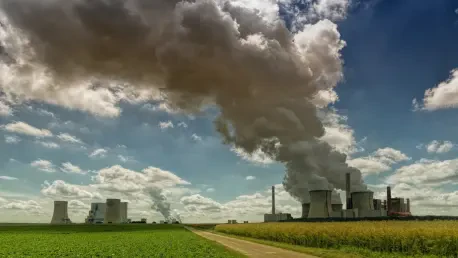
The evolution of energy production is urgent and inevitable as the world contends with escalating environmental challenges and the quest for sustainable solutions. At the forefront of this energy transition is advanced nuclear technology, poised to become a cornerstone of low-carbon energy systems.

Introducing Christopher Hailstone: With a solid background in energy management, renewable energy, and electricity delivery, Christopher is known for his insights on grid reliability and security. As an expert in utilities, he's uniquely positioned to discuss the sweeping changes that the "One Big

A recent shift in federal energy policy has directed focus back to fossil fuels, imposing new hurdles for renewable energy ventures. This major realignment of energy objectives poses both a challenge and an opportunity for retail energy suppliers needing to recalibrate their strategies to navigate

The debate over who should bear the financial responsibility for the continued operation of the J.H. Campbell coal-fired power plant in Michigan has become a focal point of discussion among diverse stakeholders. This inquiry involves federal and state regulatory bodies, utility companies, regional

The unfolding situation around TotalEnergies' asset sale to the Prax Group vividly illustrates the unpredictable nature of high-stakes transactions in the oil and gas industry. With Prax’s financial woes bringing this deal under scrutiny, industry observers are keenly watching for signals about the

Navigating the Future of Aviation Could the skies above Turkey soon be filled with cleaner, greener planes? As global environmental concerns heighten, Turkey has taken a substantial step by mandating the increase in sustainable aviation fuel (SAF) usage to reshape its aviation industry's impact on